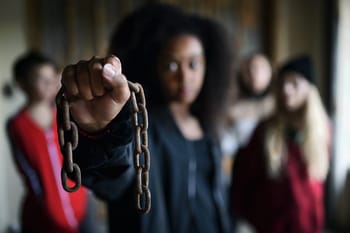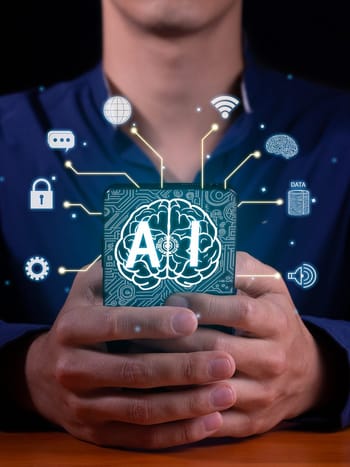“First they came for the socialists, and I did not speak out — because I was not a socialist. Then they came for the trade unionists, and I did not speak out — because I was not a trade unionist. Then they came for the Jews, and I did not speak out — because I was not a Jew.
Then they came for me — and there was no one left to speak for me.”
— Martin Niemöller
Human society has been facing the march of technology for centuries, in each stage of technology growth we have supplanted or replaced roles that were occupied by humans. While it is a sad fact, ubiquitous tools that we use every day have cost human jobs or even lives, Microsoft Excel has cost the jobs of book keepers and journal accountants, Photoshop has cost the job of hand drawing photo editors and let’s not even talk about Cortana, Siri, Alexa and the more functionally named ‘Google Assistant’.
In many cases, roles have moved onwards to either adapt to the technology, or upwards to perform functions that technology cannot. However as we move from a world of Algorithmic AI (the detection of patterns that simulate a form of intelligence) to Generative AI (the ability to produce something new from the patterns observed) we are starting to see murmurs from artists that feel threatened, add this to a prevailing cancel culture and we see people who personally address support for (or even use of) AI concepts by using their social network to determine and deride.
Historically the disruption caused by technology should smooth out, people who are immediately ousted from roles falling to AI will either adapt to using the technology or find a new way to use their talent, however these small groups are dangerously trusting their current course in ceasing the use within their small social networks and ignoring the wider picture.
Artistic generative AI will very likely be used because the public enjoy being able to create beautiful things without direct skill or talent, it will corrospondingly bring an appreciation for true creativity that is the hallmark of a great artist. Consequently it will mean that amateur artists will have to adapt to the prevailing conditions of technology in order to ply their craft in a capitalistic model.
In other words, the stereotypical struggling artist will continue to struggle even more and will have to create a viable way to differentiate their creations from something an unskilled person can do.
Morally the question “Why do I need to change?” is being disguised by accusations of ‘stealing’ art by AI and with legal battles starting to heat up the implications to copyright and the subjective of derrivation will be foremost in the minds of lawmakers and thinkers alive.
If I have seen further, it is by standing on the shoulders of giants. — Isaac Newton, 1675
If you apply the same concepts, then a human artist adopting an existing style of art into their form, could be classed as stealing and derivative work would not be flattery, it could be criminal. Whatever lens we view this with morally, should be equally turned upon ourselves.
To link back to the initial quote, Humanity were not unified when accountants lost their jobs to software, when researchers lost their jobs to the Internet, when libraries declined in patronage due to the ease of published information, I (personally) find it hard to accept that we will rally behind artists now.
I submit that artistic generative AI will disrupt existing artists, who should be spending their time with their eyes open examining the ways to absorb the endless march of technology rather than stand and fight a loosing battle while the larger public is unaware there is a problem.
(I use medium to record my own thoughts, right or wrong and while I love discourse and discussion, I’m not trying to be an authority on these topics)




